Columbus Day
Monday, Oct. 10, is Columbus Day across the United States, but the holiday was featured a day early – on Sunday – here in Kherson, as members of the library Talk Lab English Club learned about explorer Christopher Columbus and how his legacy is commemorated in North and South America.
Talk Lab participants spoke about their own dreams of being involved in discoveries and explorations – past, present or future. Several said they would like to journey through outer space to distant galaxies or find civilizations on other planets, while others desired to travel to other lands on Earth to learn about other cultures. Other dreams included going back in time to observe the early days of our planet, being part of the high-technology teams that developed computers and operating systems, and landing on an island paradise. Nastia, a fifth form student, said she wanted to discover a “big toy shop.”
Members also were challenged to discover how many English words they can find within the name “Christopher” by reassembling the letters in various combinations. Examples are smaller words, such as his, her, top, stop, rose, their, stripe and post. The father-son team of Sergei and Stas found 38 words, while other teams made the list grow even longer.
The 26 Talk Lab participants who attended the Sunday, Oct. 9, session, also read an original short story and picked out a number of new vocabulary words to learn and practice. The activity was coupled with a bingo game that reinforced such words such as sew, stitch, polyester, fabric, pin, needle and thimble. Three bingo winners received prizes.
Now, here is a bit more information about Christopher Columbus and Columbus Day:
Columbus, who was born in Genoa, Italy, was commissioned by the Spanish King Ferdinand and Queen Isabella in 1492 to sail west across the Atlantic Ocean in hopes of discovering a new trade route to India and other parts of Asia. Instead, he and his crew came upon the American continents and islands, lands that were inhabited by indigenous tribes for thousands of years but unknown to most of Europe.
Columbus Day is a paid, federal holiday in the United States, and festivities include a huge parade in New York City that is witnessed by 500,000 to 1 million people a year. The first known Columbus Day was held in 1792, while San Francisco, California, claims to have the longest, continuous tradition dating to 1868. In many communities, Columbus Day activities have been sponsored or encouraged by Catholic or Italian-American organizations as a way of saluting their heritage.
However, two of the U.S.A.’s 50 states do not recognize Columbus Day. Instead, Hawaii has Discovers’ Day as a tribute to the Polynesian seafarers who discovered and populated the Hawaiian Islands, and South Dakota has Native American Day as homage to the indigenous tribes that arrived in the Americas via the ancient Siberian-Alaskan land-bridge thousands of years before the Europeans.
This year, the U.S. President Barack Obama issued a Columbus Day proclamation that: 1) salutes the “courage, determination, and a thirst for discovery” of Columbus and his crew; 2) recognizes “the tragic hardships” endured by Native Americans who saw much of their culture destroyed by the European influx; 3) commends “the remarkable ways Italian-Americans have shaped the American experience,” and 4) celebrates “the pursuit of discovery as an essential element of the American character.”
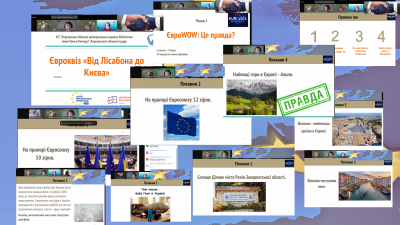

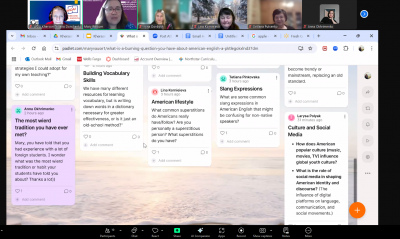

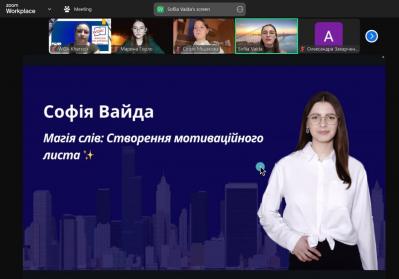
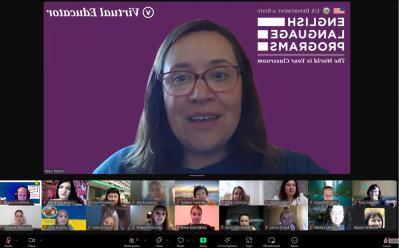
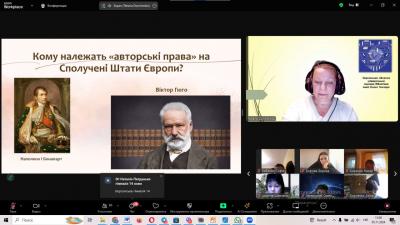
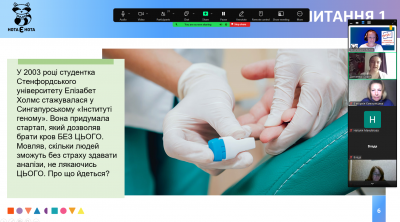
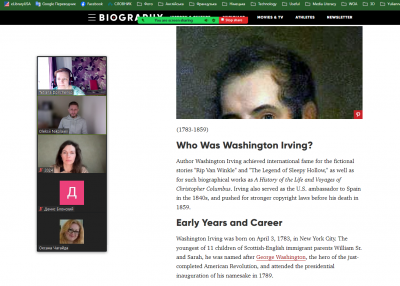
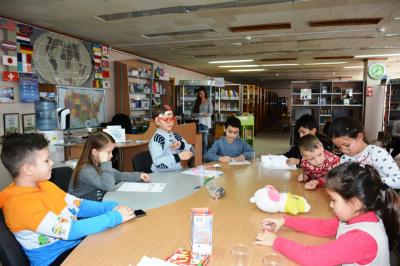

Comments